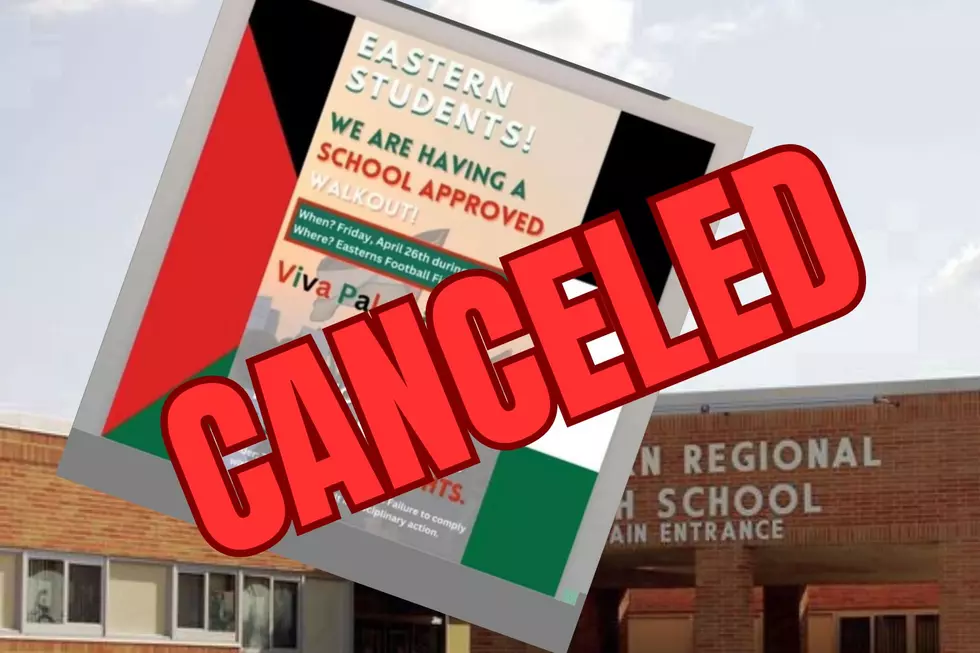
Some schools lack emergency plans for families
If an emergency were to strike, schools and law enforcement officials need to have a plan in place for reuniting parents and students effectively, according to school safety advocate John Michael Keyes.
Keyes, who is the founder of the I Love U Guys Foundation - which works with schools, law enforcement and local governments to create unified plans for school emergencies - was the keynote speaker during Wednesday's eighth annual School Safety & Security Conference, held at Washington Township High School in Gloucester County.
The Colorado native is the father of Emily Keyes, one of the victims of the 2006 Platte Canyon High School shooting. Keyes said one of the biggest problems is the lack of communication between school districts and first responders.
"I'm not sure if it's been an intentional disconnect, it's just that today it's important that law enforcement, fire (and) schools partner in keeping schools safe," Keyes said.
Keyes also explained the importance of having a plan in place ahead of time for reuniting children and parents, including keeping track of students, informing parents and coordinating a location where the reunification can happen.
"If you make mistakes, it's a whole lot easier to find solutions after a drill than if you make mistakes during a crisis," Keyes said.
He said the foundation website provides free tools and information on how to implement their Standard Reunification Plan.
"The Standard Reunification Plan really rests on preparation, a little bit of practice and taking advantage of this method to help stay accountable with students getting to the right parents or guardians, amping down emotions, and the successful reunification and not having a crisis within a crisis," he said.
While comprised of many factors, the crux of the Standard Reunification Plan lies in creating an organized, controlled system to reunite children.
"We've got roles like greeters to talk to the parents and show them how it works and have them fill out a reunification card - that's part of the process. There are checkers to verify identity, there are runners to get students, we've got teachers staying with their class," Keyes said, explaining how a reunification plan would work.
Keyes also asked schools to re-evaluate their cell phone policies, noting that in case of an emergency, text communication between parents and children can often help alleviate stress for both parties.
"We're seeing suggestions to parents to not come to the school, and it is a completely valid suggestion," said Keyes. "However, experience tells us it's also an unheeded suggestion and parents will often go to a school. Often in a two-parent household, one parent is at home getting 'intel' from the TV and internet while the other is going to the school to try to fetch their kids."
While scenarios with shooters are often the ones parents think of when referencing an emergency plan, Keyes said numerous situations could call for emergency reunification.
"We had a lab experiment go awry that ultimately resulted in reunification - it was a hazmat spill. We've had home economic classes set off fire alarms and there was smoke in the buildings…so they happen even in non-active violence events," Keyes said. "The goal is to reduce the stress level in the students, staff and first responders and provide an accountable method for the right student to get in contact with the right parent or guardian."
More From New Jersey 101.5 FM









